Editor’s Note: Picture This Post recently reviewed Shahrbanoo Sadat’s film The Orphanage.
Read the related article—ORPHANAGE Film Review — Afghanistan Window
Shahrbanoo Sadat is an Afghani filmmaker known for her storytelling abilities and training in cinéma verité. Sadat’s skills and training are manifested in her pentalogy of films (most recently, her critically acclaimed work The Orphanage) based on a diary written by her best friend, Anwar Hashimi, that details his life in Afghanistan.
Sadat notes that her work thus far is one facet of her original and continued mission to “share stories from everyday life of ordinary people living in Afghanistan, based on truth, reality and life experience..."
Here, Picture This Post (PTP) talks to Shahrbanoo Sadat (SS) about her background, her inspiration for her films, her desire to showcase the beauty and depth of her country, and how she hopes to address the misrepresentation of Afghanistan by filmmakers who have not done their homework.
(PTP) What is your background? How did you decide to become a filmmaker in Afghanistan?
(SS) In the world I am living in, it’s very rare if one decides something. Usually, things happen to us. Coming from Afghanistan, I think this is true for many people here. The only thing people do is adapting to the new setups and surviving.
How could I decide to become a filmmaker when I couldn’t even finish my school? I was born in Iran as a refugee because Iran doesn’t give citizenship even to the ones born there. When I was 11, they kicked me out of school because suddenly the education ministry decided to not let Afghan refugees go to school any longer.
Then my family moved back to Afghanistan, to their village in central Afghanistan and there was no school for me to study there. I could manage to finish my school some years after in a boy school in another valley where I had to climb the mountains six hours per day to reach the school.
When I was 18, I moved to Kabul and I wanted to study physics but took the wrong exam, I ended up in the cinema and theatre faculty. I studied there for three semesters and I left it. My only real educational background in cinema was when I went to the French film workshop, Ateliers Varan. Everything happened there.
What was the process in the Ateliers Varan workshop in which you realized your passion for film?
There are two main things about me before I was 18. One, I grew up in a conservative and religious environment where women basically can’t express their feelings and thoughts as much as men do. Women are most of the time observers, but not the decision-makers. And second, I was born with narrow eyesight. I could only see sharply one meter around me, and the rest was blurry and defocused.
There are also two main things about me when I was 18. One, I wore glasses for the first time and my entire life got changed, basically because I could finally see things other people see. And second, I was selected to participate in a three-month documentary film workshop (Atelier Varan) in Kabul by French people. The focus was on Cinéma vérité, the cinema of reality, truth, and observation. I immediately fell for that. I was an observer my whole life until then, because of my eyesight problem and because of the society that I was living in.
I knew zero about filmmaking and I never had any dream to become a filmmaker. Cinema was something so, so, so far away from my world. But I realized filmmaking is about telling stories, and I knew I have stories to tell. I knew that!
What do you strive for as a filmmaker in terms of how the world views Afghanistan?
I was sick of the cliché image of Afghanistan in the movies. My mission was clear and still is. To share stories from the everyday life of ordinary people living in Afghanistan, based on truth, reality, and life experience, with no respect to any gender.
In Afghanistan, there is no cinema industry. Either one should get connected to the corrupted mafia film community, or make films independently with private money, or do what I did, which was to get connected to another film industry out of Afghanistan.
For me, it’s very important that I make Afghan films. My audience is an international audience, including Afghan people.
The Cannes Cinéfondation was like an open door for me that I sneaked in and got connected to the European cinema industry. Europe gave me opportunities to make my films and I am so grateful for that. When I was in Cinéfondation, I didn’t know anything, but then I started to get connected to film people, and going to festivals, writing, and getting to know how the system works.
In the future, I want to make movies, but I also want to make a cinematheque one day when the time comes. I want to organize the same kind of workshop as Atelier Varan in that cinematheque (motion picture archive) and train young people, maybe even high school students. I dream of making a network of young and talented people who care for Afghanistan.
What was your inspiration for and creative process in making a film pentalogy?
I met my friend Anwar Hashimi, about 12 years ago on a TV channel in Kabul, where both of us were working. He told me about his idea of writing down his life story, and I encouraged him by making a deal that he writes eight pages every day and the next day email them to me. Within a year, we collected 800 pages. That year, my reason for waking up was running to my computer and opening my inbox.
I was so moved by the way Anwar expressed himself in his text. I think he surprised himself too —he didn’t know he could write that well. Since the very beginning, I knew his piece was five movies because it was five different periods. He was talking about his private life but parallel to that, he was also talking about the history of Afghanistan in the last 40 years. With his writing, I got connected to the past of Afghanistan; something that is not usual at all for my generation. Anwar and I share the same idea of picturing the true stories of Afghanistan. I hope one day his piece gets published, so people can read it.
Are there special challenges or unique opportunities that you face as a female filmmaker in Afghanistan?
In my society women are invisible and I am taking advantage of being invisible. For me, this is a gift to be not seen. I have unlimited access to the entire country. I can sit in a café, or a restaurant and just watch people without anyone even noticing me. I sometimes record voices and take notes. When I travel to provinces, I wear a burka and suddenly I am removed. No one pays attention to me anymore, as if I’ve never existed before. I walk in the town for hours and hours and just watch people, and the town and the life. It’s great. I can’t tell you how much I love it. I should also tell you I am a small woman with a152 cm height, so even in Kabul, when I am visiting some official places like ministries or places like that, people don’t take me seriously. They think if one is small, for sure her brain is also small.
For my second film The Orphanage, I could get the biggest highs schools in Kabul on board, so I could do my casting among 20,000 boys. This was only possible because when I was running after the paper work, they just signed my papers without even reading them properly. This story makes me laugh all the time and also reminds me to never underestimate anyone because you never know.
Recently, and after the MeToo Campaign, a focus developed on bringing women into the picture. And everyone thinks this means females in leading roles and stories around women. Why should things always be on the nose? I don’t get it! Women filmmakers should be able to make films about whatever they think is important to them. Why are we always trying to frame what one can or can’t do? In my second film The Orphanage, I follow a teen boy in an orphanage in Kabul in 1989 and this orphanage is male dominated with all boys and male teachers, soldiers, supervisors and a director, but for me, this is a very feminine film if one needs to label it. Who can make a film about Afghanistan in the most political period ever — before Afghanistan turned from a pro Soviet regime to an Islamic state— without bringing the politics up and reproducing the same picture of Afghanistan? I’m sorry! I think only a woman can do this because we already see how men see Afghanistan in politics of course, but also in art.
Can you briefly describe for our readers your third film, Kabul Jan? What would you most like audiences to experience while watching the film?
Kabul Jan is picturing the time Anwar and I met for the first time while working at the TV channel. It’s a romantic comedy and I want to show the life of the middle class in Kabul today. I want to make more playful films about Afghanistan. Yes, Afghanistan is a war-torn country and there are many tragedies going on, but parallel to any tragedy there is also a comedy. I didn’t choose to be involved in Afghanistan’s problems, but since I am stuck here, why not live the comedy part? I want to make films for a bigger audience and let people learn and laugh about life in Afghanistan, as I do in my everyday life. Time for making craps around Afghanistan ends! I hope this film can be a call for other Afghan filmmakers to make different movies about Afghanistan. Afghanistan is so beautiful and rich in terms of stories, and it really deserves to be seen well.
Read how filmmakers make their magic— in their own words. Read “FILMMAKERS SPOTLIGHT— Meet Filmmakers Picture This Post LOVES!” and watch this video for a story preview —
Nominate this for The Picture This Post BEST OF 2021???
Click Readers' Choice
Want to see who won the Picture This Post READERS’ CHOICE competition last year?
WATCH THIS SHORT VIDEO—
Photos Courtesy of Shahbarnoo Sadat

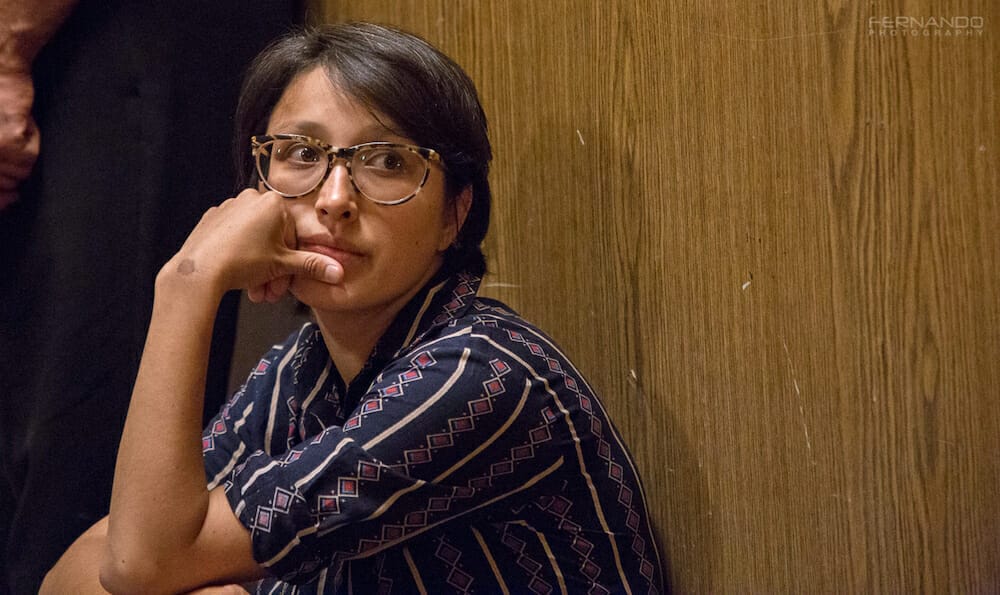
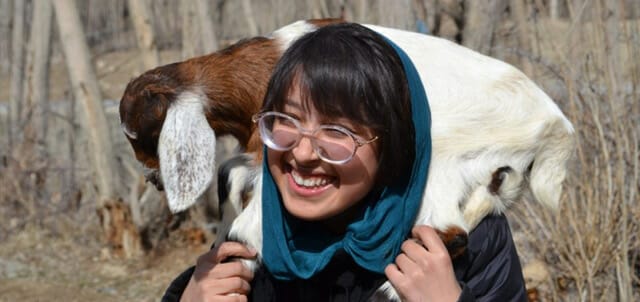
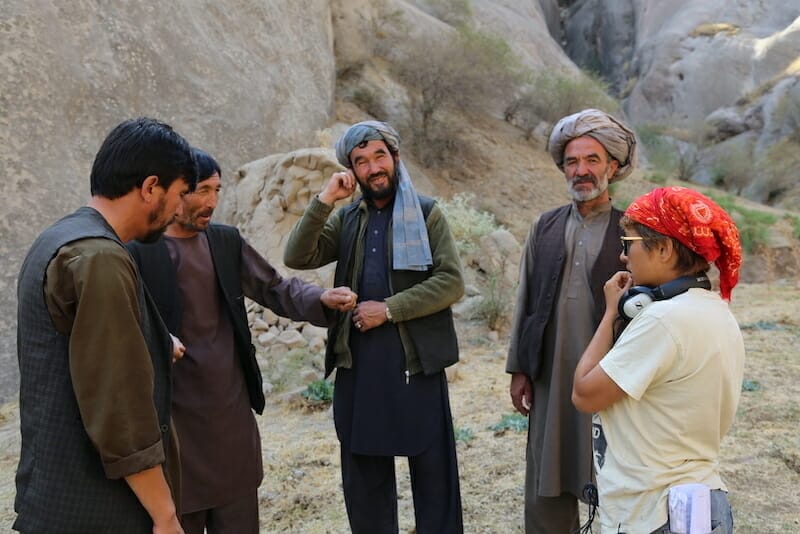
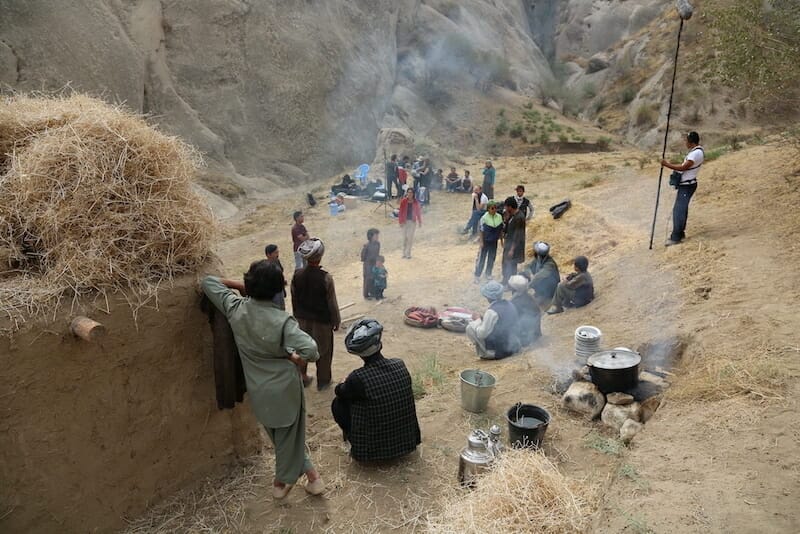
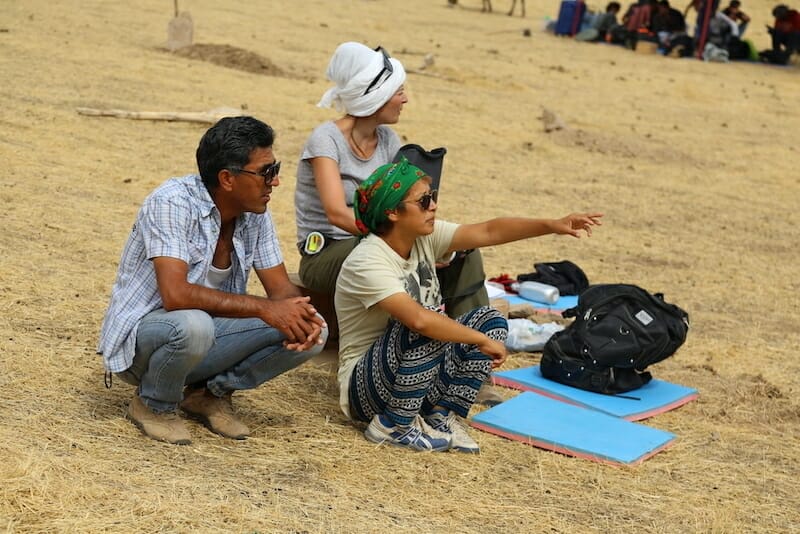
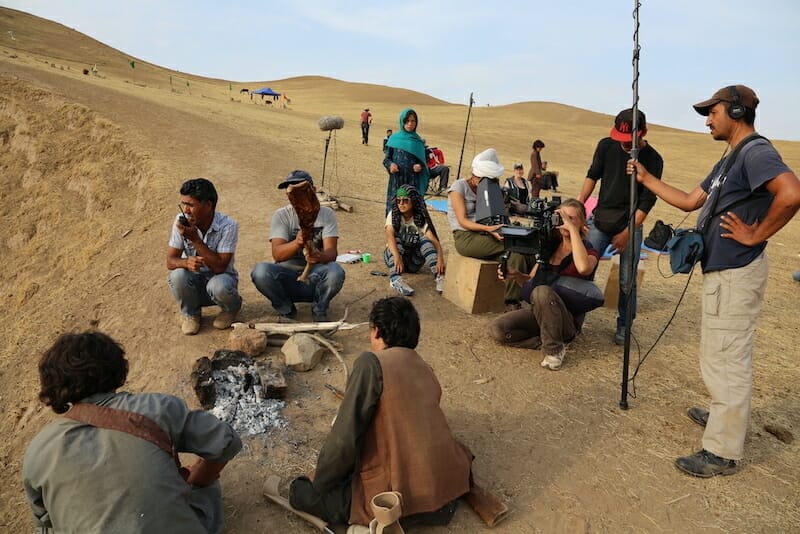
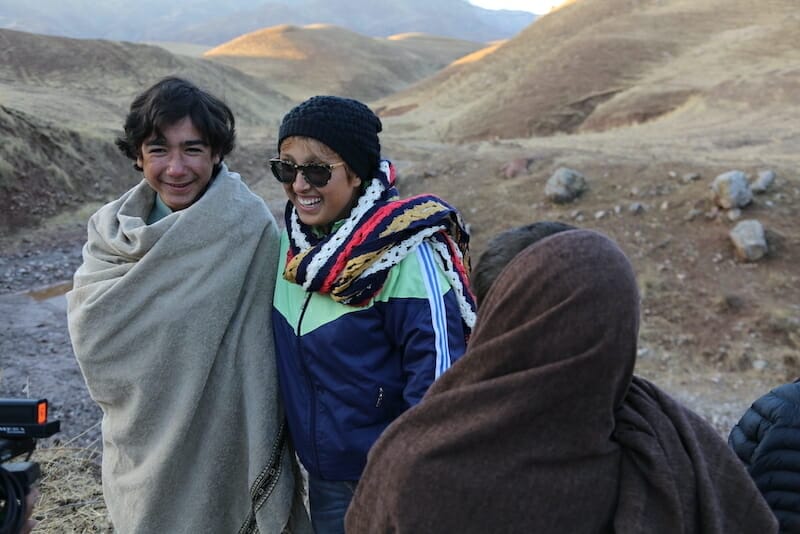
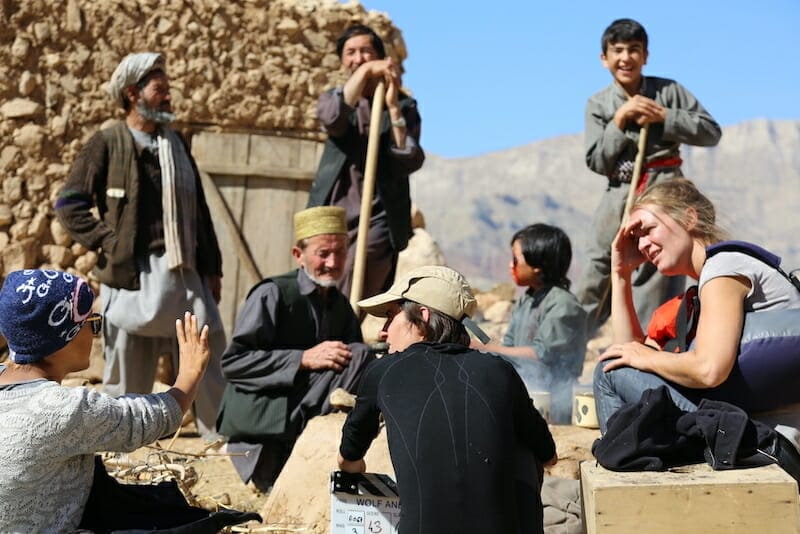
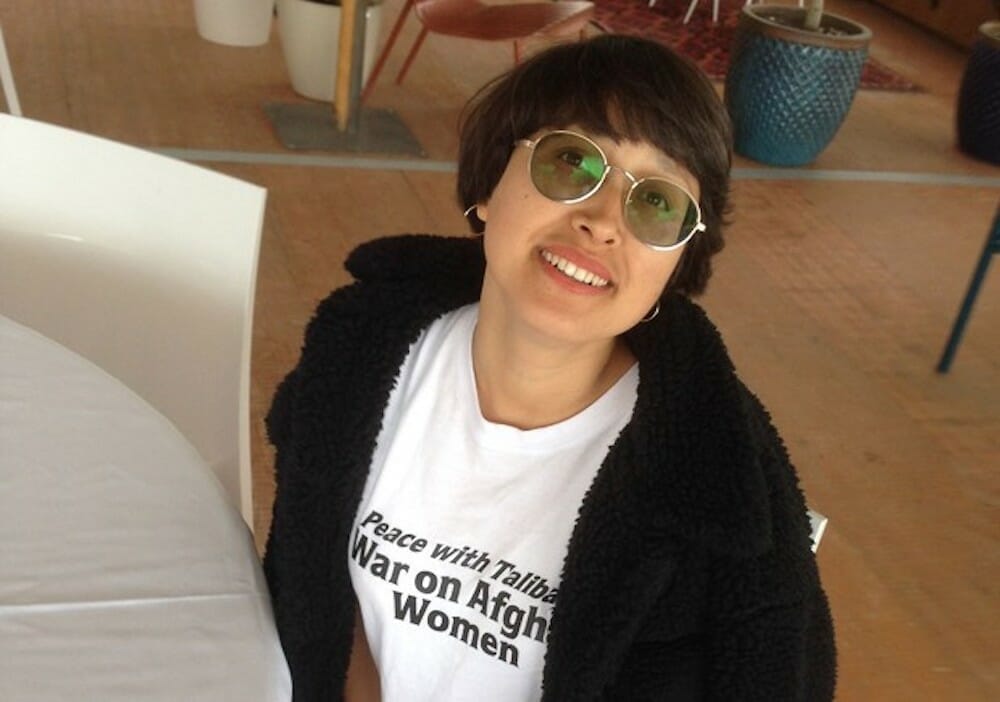
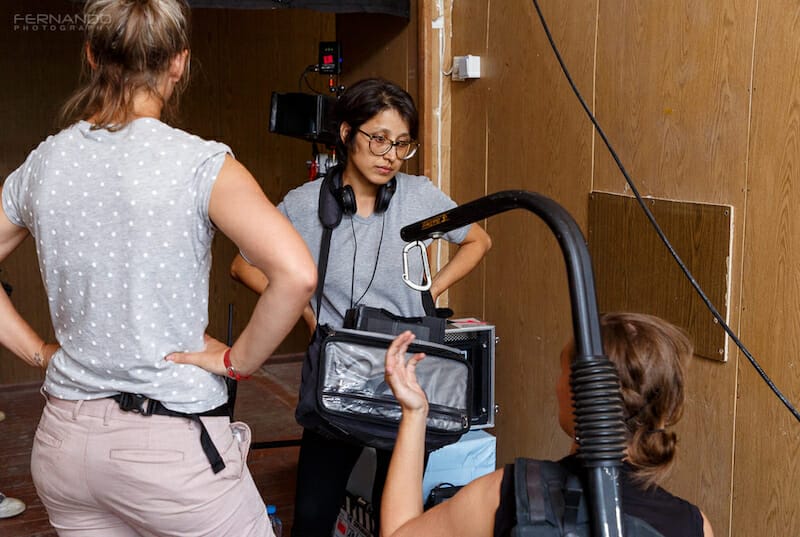
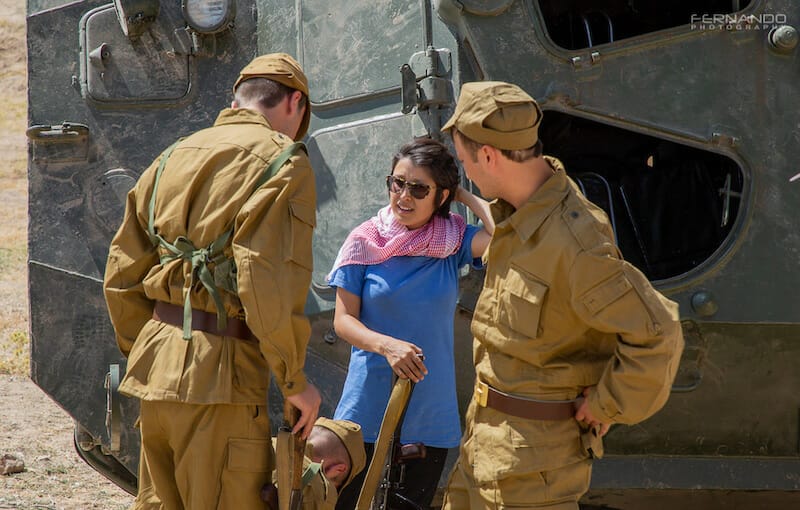
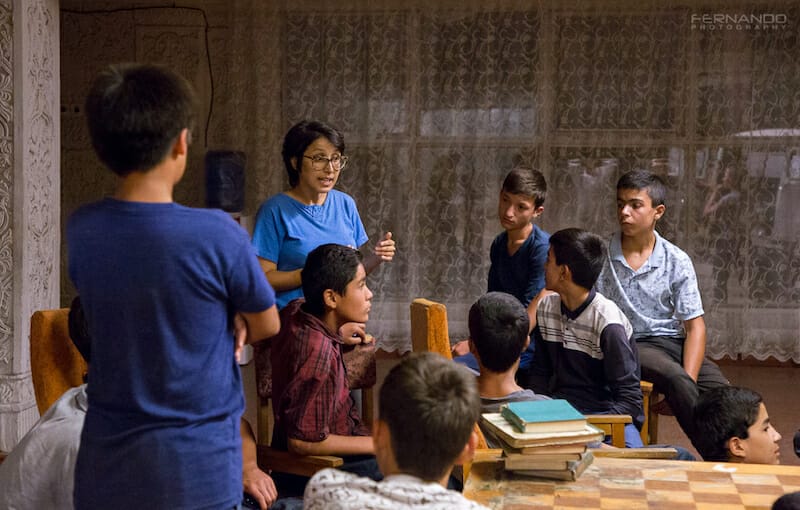
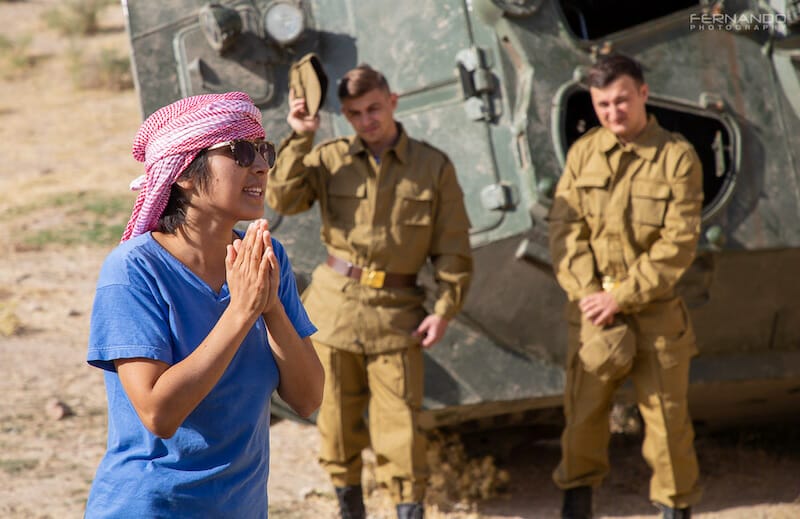
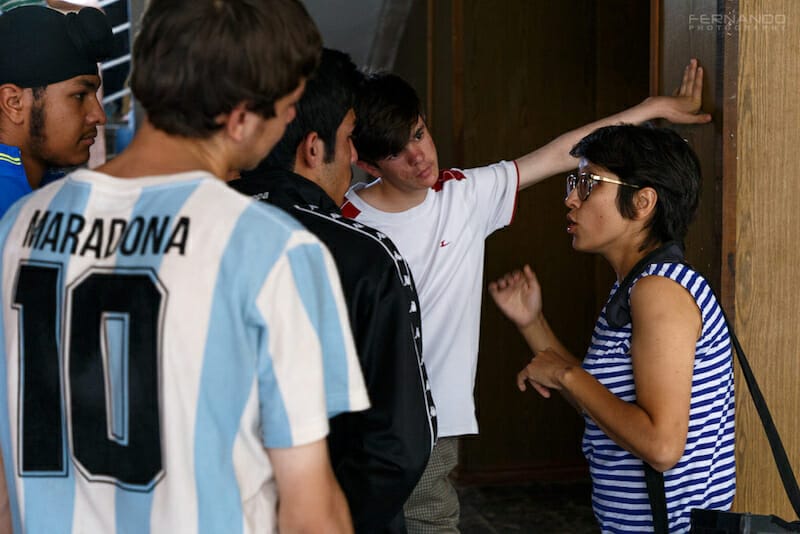
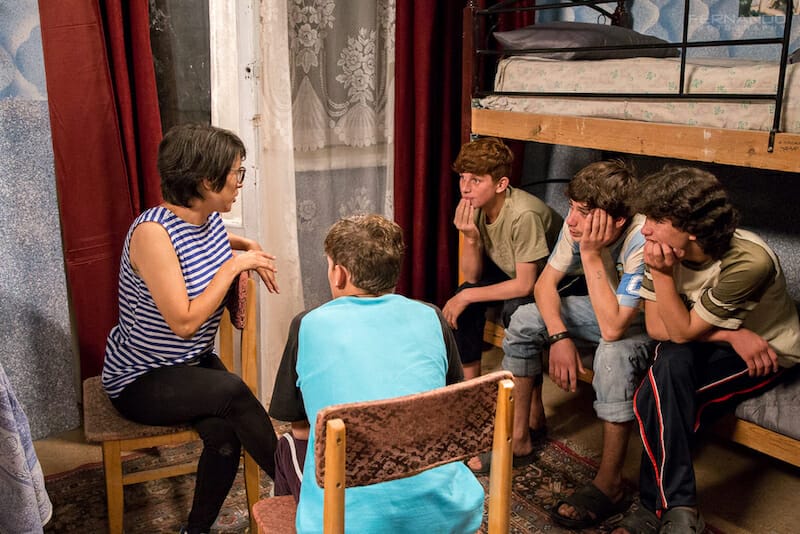
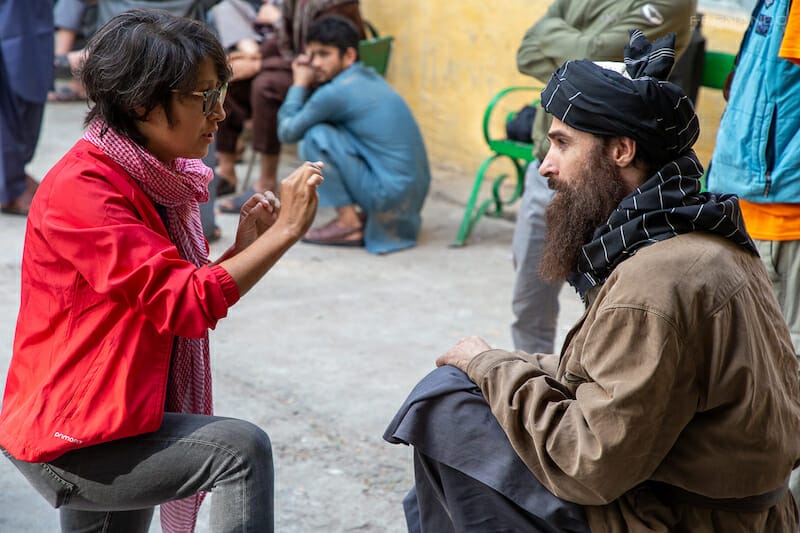
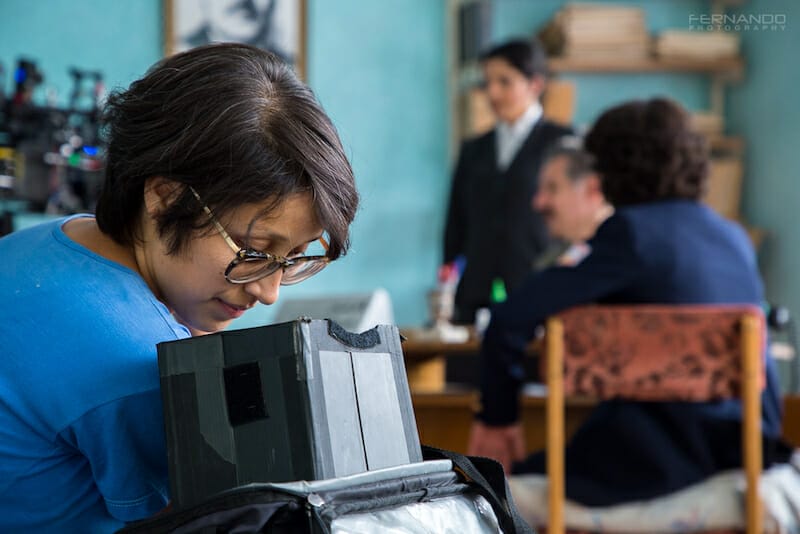
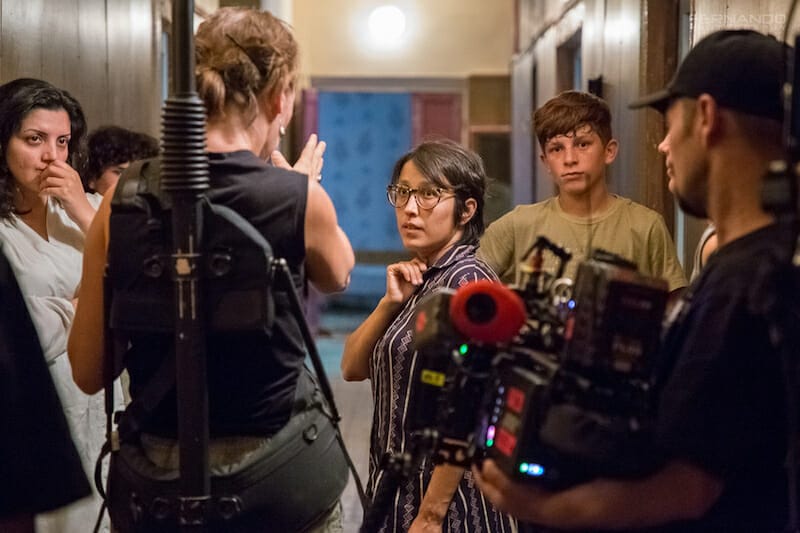
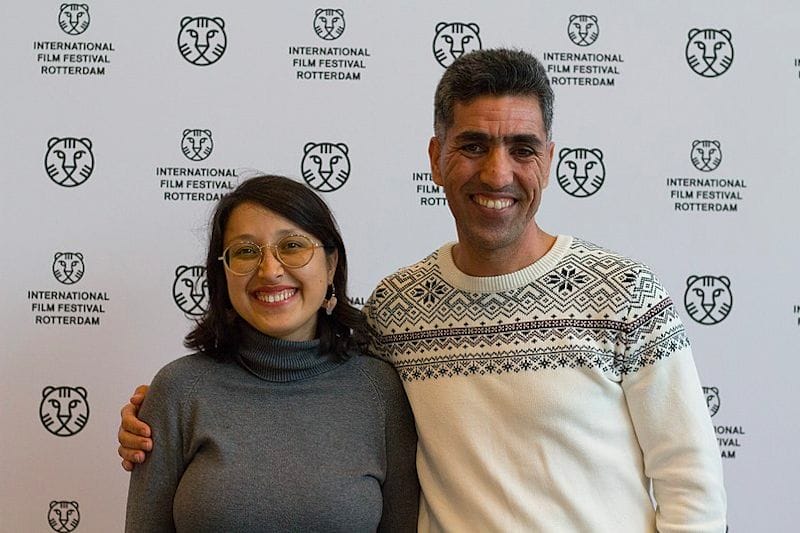
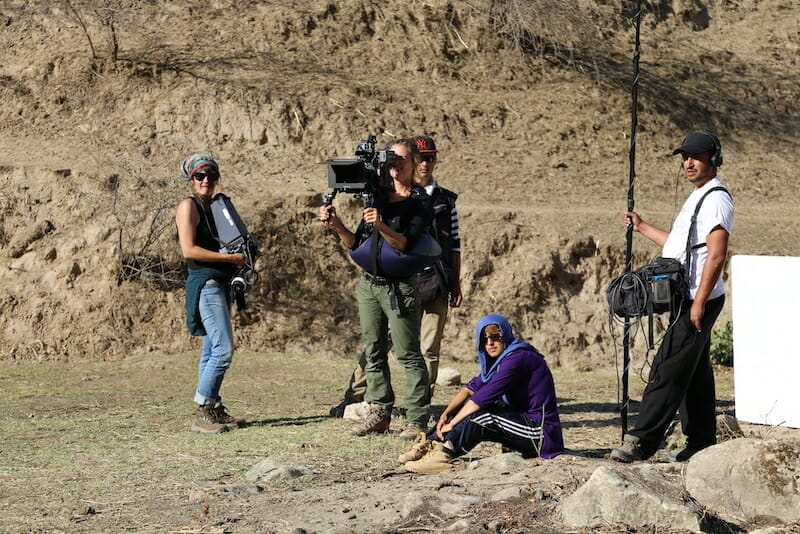
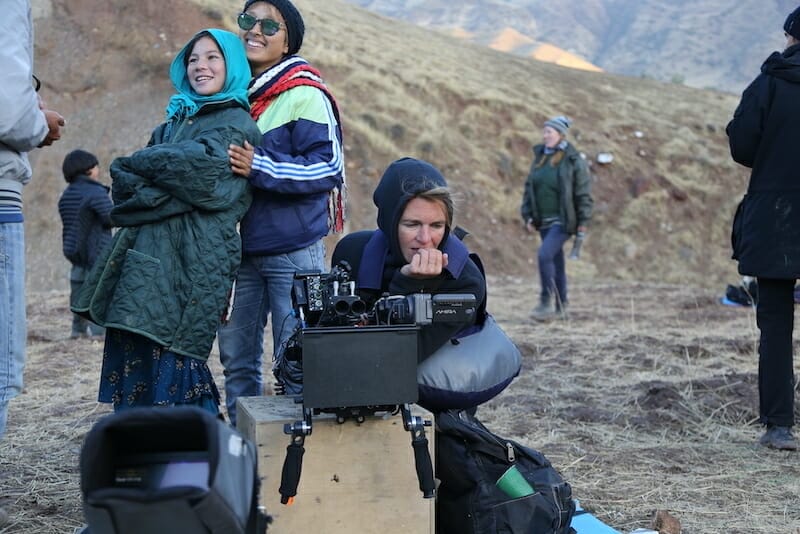
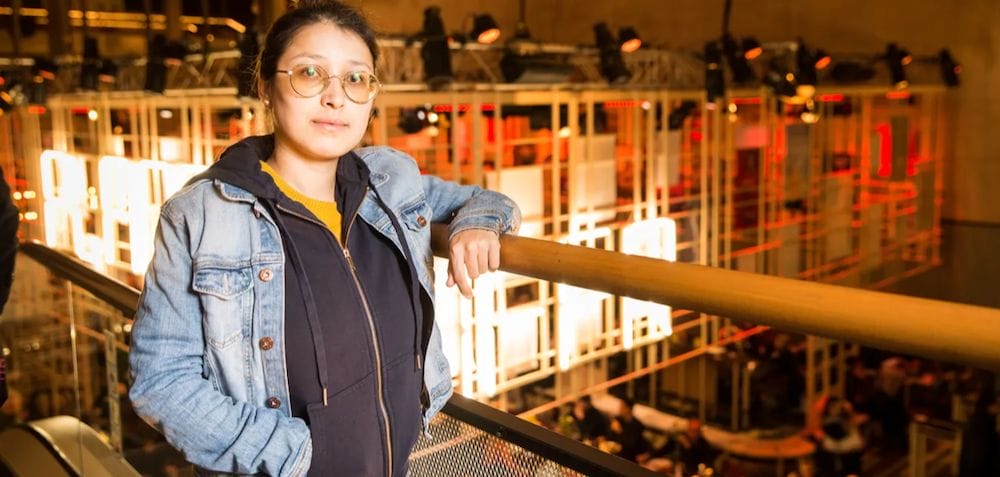
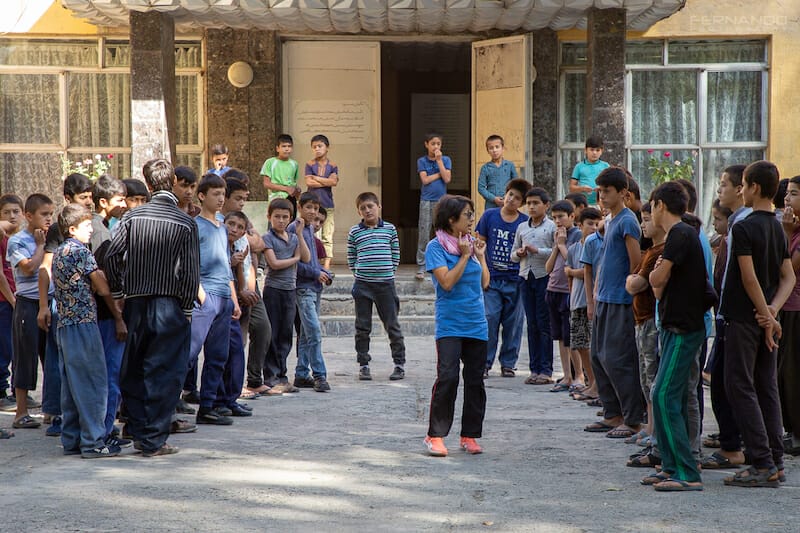


Nominated for Picture This Post BEST OF 2021
Nominated for Picture This Post BEST OF 2021
Nominated for Picture This Post BEST OF 2021